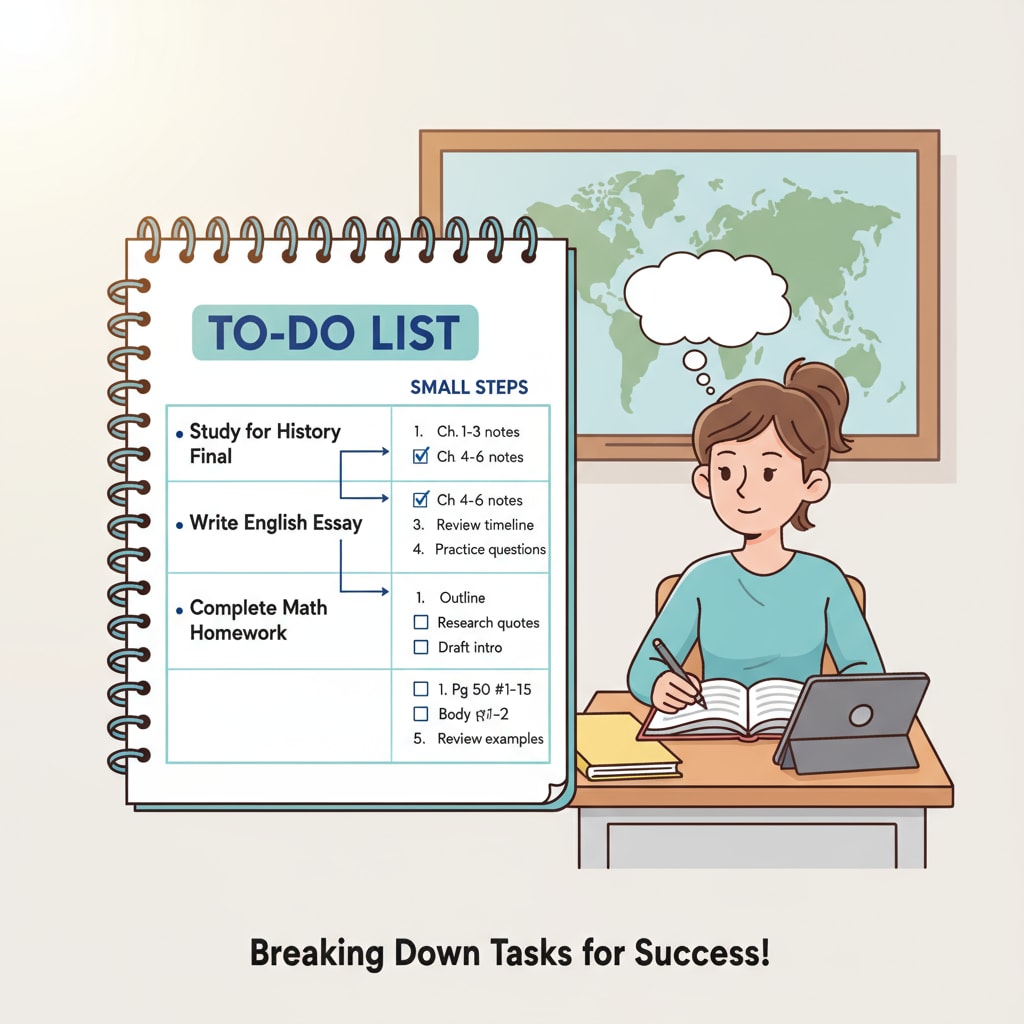Learning motivation, persistence, and small steps are crucial elements for K12 students facing the common challenge of insufficient learning drive. Many students in the K12 stage often struggle with a lack of motivation, which can hinder their academic progress. However, there are practical ways to turn this situation around.
Accepting the Imperfect State
One of the first steps in boosting learning motivation is to accept that it’s okay not to be perfect. Students often put excessive pressure on themselves, expecting to achieve high grades or master every concept immediately. This unrealistic expectation can lead to burnout and a decrease in motivation. For example, a student who aims to get a perfect score on every math test may become discouraged when they don’t reach that goal. By accepting that making mistakes is a natural part of the learning process, students can relieve some of this pressure. Motivation research on APA shows that a more positive attitude towards oneself can significantly enhance learning motivation.

Setting Tiny Goals
Setting small, achievable goals is another key strategy. Big goals can seem overwhelming, causing students to procrastinate or lose motivation. Instead, break down large tasks into smaller, more manageable ones. For instance, if the goal is to write a long research paper, start with tasks like choosing a topic, doing preliminary research, and creating an outline. Each small goal accomplished gives a sense of achievement, which in turn boosts motivation. According to Psychology Today’s motivation insights, small wins can accumulate and build a strong sense of motivation over time.

Finally, it’s essential to emphasize the power of daily accumulation. Consistent, small efforts every day can lead to significant progress in the long run. Whether it’s reading a few pages of a textbook, practicing a few math problems, or writing a short journal entry, these daily actions contribute to the overall learning process. Persistence in taking these small steps is what truly matters. It’s like building a wall, brick by brick. Each small effort is a brick that adds to the structure of knowledge and skills.
Readability guidance: By following these strategies of accepting imperfection, setting small goals, and maintaining daily persistence, K12 students can overcome the hurdle of low learning motivation. These methods focus on the key aspects of learning motivation, persistence, and small steps, which are the building blocks for a successful learning journey.


